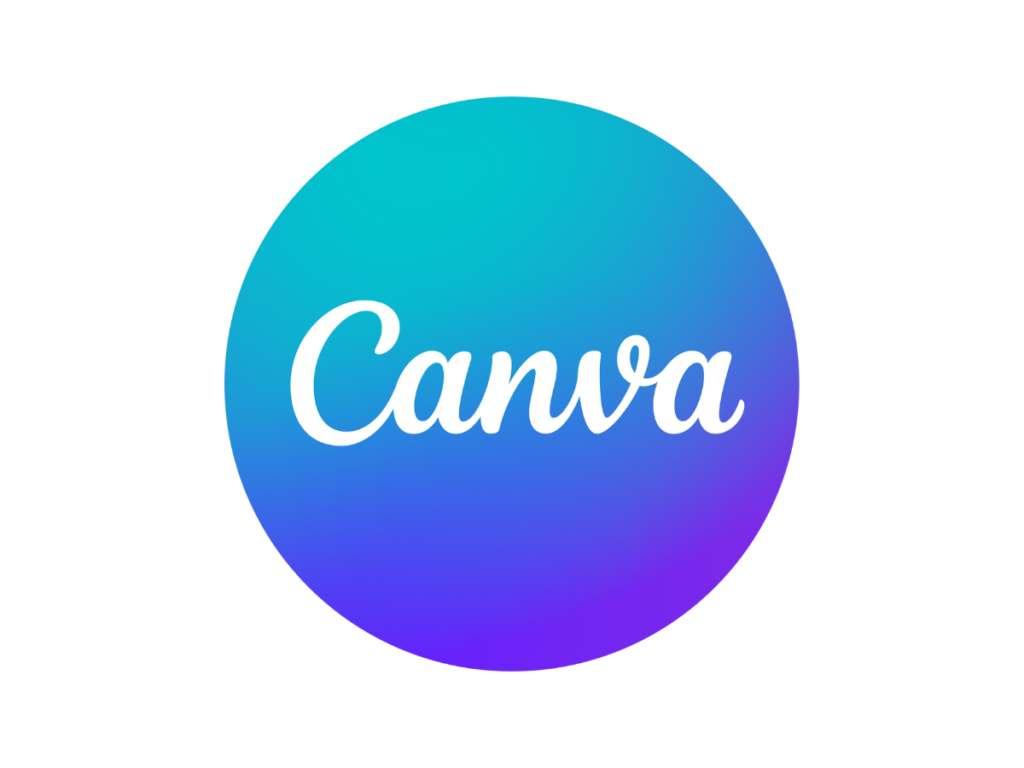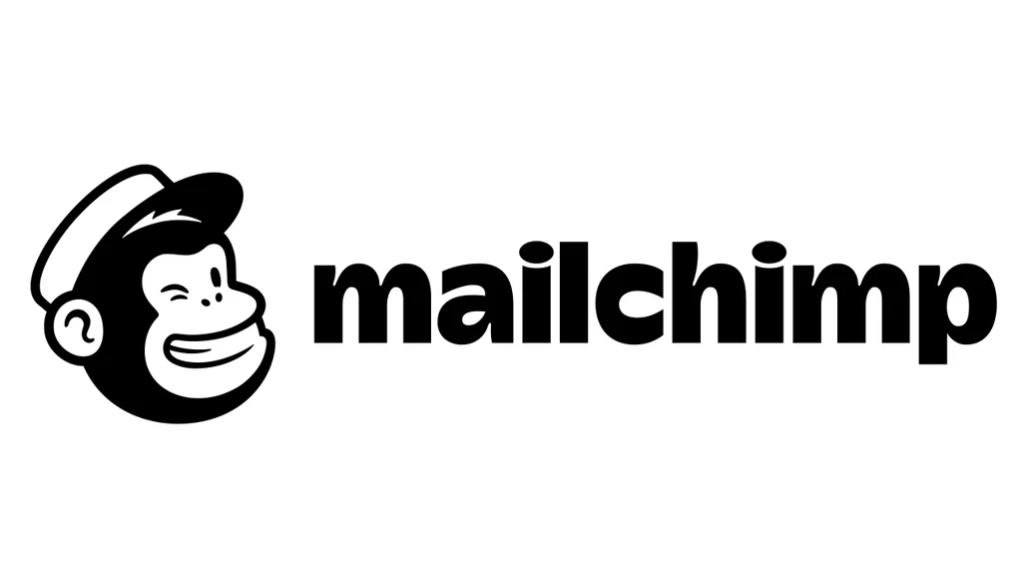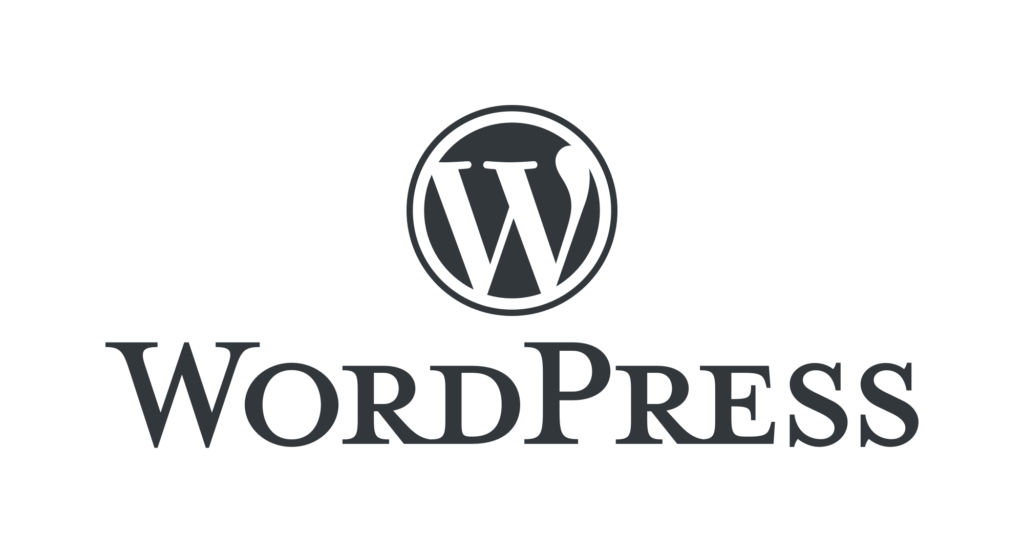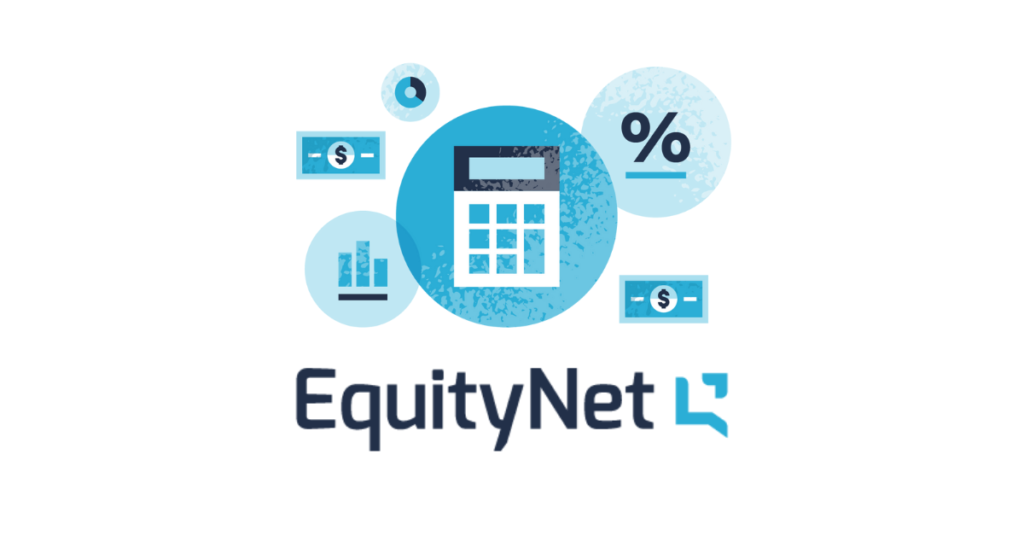When it comes to running your small business smoothly, you don’t have to break the bank on web-based software. We’ve tested a variety of business and consumer software and found numerous excellent free options. These tools cover everything from email marketing to project management and beyond.
Here are 10 free tools that your small business will find incredibly useful. Even better, each of these software options offers premium upgrades as your business expands. So, there’s no need to dismiss these products thinking you’ll outgrow them soon.
Understanding the Importance of Free Tools for Small Businesses
Small businesses often operate on tight budgets and limited resources.
Therefore, finding free tools that offer robust functionalities can be a game-changer. These tools not only help streamline tasks but also enhance collaboration, efficiency, and customer satisfaction.

Why Free Tools Matter
- Cost-Effective Solutions: Avoiding hefty software costs allows small businesses to allocate resources to other critical areas.
- Enhanced Efficiency: Streamlined workflows and automated processes save time and improve productivity.
- Scalability: Many free tools offer premium upgrades as businesses grow, ensuring scalability without early financial commitments.
Exploring the Top 10 Free Tools
1. Google Workspace: All-in-One Business Solution

Google Workspace offers a comprehensive suite of tools including Gmail, Google Drive, Calendar, and Meet. It enables seamless communication, collaboration, and file sharing across teams, making it indispensable for small businesses.
2. Trello: Simplify Project Management

Trello’s intuitive platform uses boards, lists, and cards to organize tasks and projects visually. It’s perfect for small teams looking to manage workflows effectively and track progress effortlessly.
3. Canva: Graphic Design Made Easy

Canva democratizes graphic design with its user-friendly interface and vast template library. Small businesses can create professional marketing materials, social media graphics, and presentations without design expertise.
4. HubSpot CRM: For Manageing Customer Relationships

HubSpot CRM offers robust features for tracking leads, managing customer interactions, and automating sales processes. It’s an essential tool for businesses looking to improve customer relationships and sales efficiency.
5. Hootsuite: For Social Media Management

Hootsuite is arguably the top free social media management tool for both individuals and businesses. It offers a comprehensive suite of features that every social media manager needs, all conveniently located in one place. From planning content to scheduling posts and analyzing performance, Hootsuite allows you to handle everything through its user-friendly dashboard.
The tool aggregates comments on your posts, likes, and discussions related to your chosen topics into a single inbox. This enables brands to initiate, monitor, and respond to conversations, enhancing credibility and fostering customer trust.
On the free plan, users can link up to two social accounts and schedule posts. Hootsuite supports major platforms like Instagram, Facebook, Twitter, YouTube, LinkedIn, and Pinterest. Choose the platforms that matter most to your brand and integrate them with Hootsuite. Once connected, you can schedule up to 5 posts simultaneously for each account.
For businesses looking to manage their social media presence efficiently, spending minutes rather than hours, Hootsuite is an invaluable free tool.
6. MailChimp: For Email Marketing

MailChimp stands out as one of the top email marketing platforms available today. Depending on how many emails you send each month, pricing for its service tiers varies. If your company sends fewer than 12,000 email messages per month to fewer than 2,000 subscribers, MailChimp’s Forever Free plan is an excellent choice.
With this amazing deal, you can use built-in signup forms to gather subscribers from various websites. MailChimp offers a drag-and-drop designer and email templates to help you create the perfect message. Although the Forever Free plan doesn’t provide extensive reporting, you can still monitor open rates and compare them to industry averages. All this at no cost.
7. WordPress: For Your Online Presence

WordPress is the world’s leading CMS, offering flexibility and scalability for building websites, blogs, and e-commerce stores. It’s SEO-friendly and supports a vast ecosystem of plugins to enhance functionality.
8. EquityNet: For Business Planning

If your company still needs to attract investors, EquityNet provides a free crowdfunding platform. This platform helps you plan, analyze, and share your business plan with potential investors. You’ll use EquityNet’s planning and analysis software to create your plan. Once completed, you can publish it on the website and share it with anyone interested in reading your pitch.
Although primarily a funding tool rather than a planning tool, the software is effective for navigating the initial stages of brainstorming ideas. Plus, there’s always the chance of catching the eye of a wealthy investor.
9. Google Analytics: For Understanding Your Audience

Google Analytics provides valuable insights into website traffic, user behavior, and marketing effectiveness. Small businesses can optimize their online presence with data-driven decisions.
10. Wave Accounting: For Managing Your Finances

Your employees, your landlord, and your utilities provider all expect to be paid. To maintain financial equilibrium, consider using Wave. With Wave’s free version, you gain access to accounting features and reporting capabilities. You can generate and scan invoices, and effortlessly upload receipts directly into the system.
Granted, Wave isn’t a comprehensive solution for all your bookkeeping needs. However, if you stick to simplicity, you can achieve significant progress with this basic service. For functionalities like payments and automatic integration with direct deposit payroll, there’s a monthly fee of $19.
Wrapping it Up
These ten essential tools are a must for any small business aiming to simplify operations, boost productivity, and save money. From effective project management solutions to powerful marketing platforms and crucial financial management tools, each tool listed here offers specific benefits tailored to the needs of today’s entrepreneurs.
Using these free resources, small business owners can efficiently handle tasks, interact with customers, monitor performance metrics, and more—all while conserving precious time and resources. Whether you’re launching your business or refining existing processes, incorporating these tools into your workflow can greatly enhance your business objectives.
Keep in mind, although these tools are free, they provide options for premium upgrades that grow with your business, offering additional features and capabilities as your requirements expand. Dive deeper into each tool, experiment with their functionalities, and uncover how they can empower your business to excel in today’s competitive environment.
FAQs (Frequently Asked Questions)
1. Are these tools really free?
Yes, all the tools mentioned in this article offer free versions with essential features. Some may have premium upgrades for additional functionalities.
2. How do I choose the right tools for my business?
Consider your specific business needs, team size, and long-term goals. Opt for tools that integrate well with your existing workflows and provide scalability as your business grows.
3. Can free tools replace paid software?
While free tools offer robust features, they may not always replace the advanced capabilities or customer support of paid software. Evaluate your business requirements before making decisions.
4. Are these tools secure to use for sensitive data?
Most tools prioritize data security with encryption and compliance measures. However, review each tool’s security features and policies to ensure they align with your business’s standards.
5. How often should I reassess my toolset?
Regularly review your toolset to ensure they meet your evolving business needs. Explore new tools and updates to leverage advancements in technology and features.





